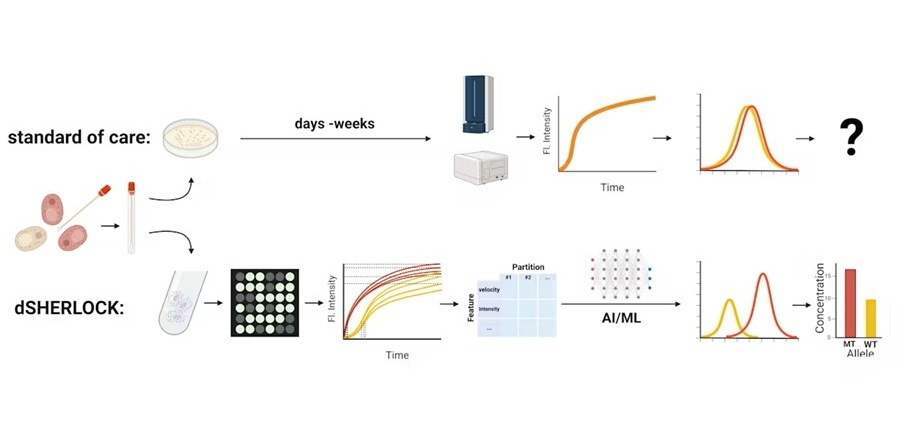Program Monitors HIV/AIDS Laboratories Worldwide
By LabMedica International staff writers
Posted on 09 Dec 2010
Reliable and reproducible laboratory data are essential in evaluating treatments for human immunodeficiency virus (HIV) infection and there are several dozen laboratories globally that perform such assays. Posted on 09 Dec 2010
A contract has been awarded to Duke University Medical Center (Durham, NC, USA) to support the development, implementation, and oversight of external quality assurance programs that monitor laboratories involved in HIV and acquired immunodeficiency syndrome (AIDS) research and vaccine trials around the world.
The contract, worth up to $52.8 million over the next seven years, was awarded by the US National Institutes of Health (NIH), National Institute of Allergy and Infectious Diseases (NIAID), (Bethesda, MD, USA). Duke University has been requested to concentrate its work on several programs under the contract, including evaluation of processing and storage of blood from participants enrolled in NIAID supported clinical trials; evaluation of tests that measure immune responses to new therapies; coordination of efforts for new assays and new assay validation procedures, and participation in establishing and characterizing unique clade-specific HIV viral panels. The contract also calls for the creation of new blood and reagent banks and expanded resources at Duke to enable additional onsite work in processing, testing and shipping blood products, assays, and reagents world-wide.
The goals of the contract will require the creation of several new support systems. One would be the development of central web repository at the Duke Clinical Research Institute that would to track all project data, including testing and quality assurance findings. The system would track deviation from approved protocols and generate laboratory performance standards over time.
The project will be led by Thomas Denny, MSc, COO of the Duke Human Vaccine Institute. He said, "Virus panels are used to determine how well new laboratory tests perform, but some of the panels developed for this work are more than 15 years old. As a result, current panels may not be truly reflective of which virus strains are circulating in the world today as they can change over time."
Related Links:
Duke University Medical Center
National Institutes of Health













